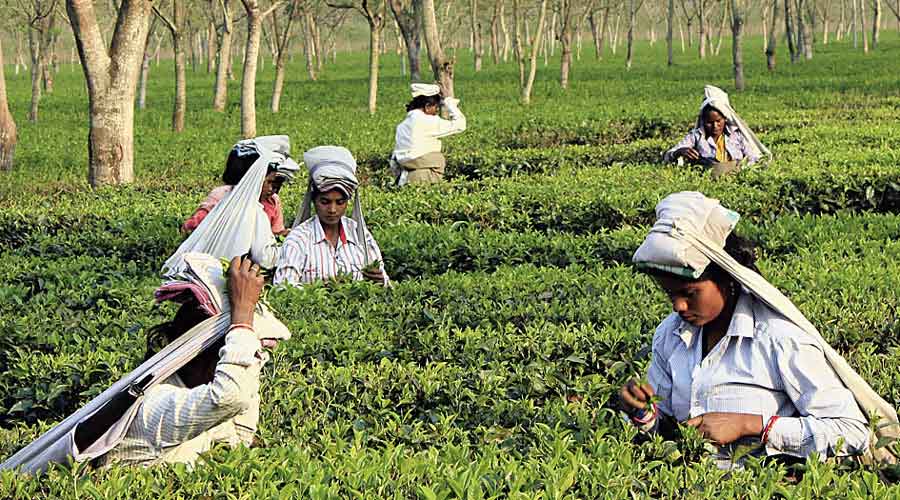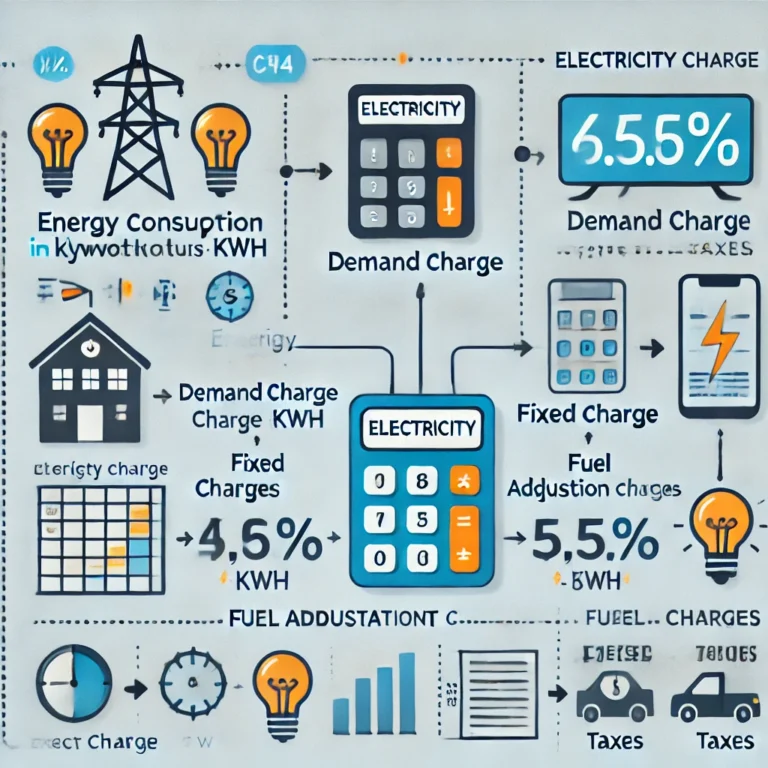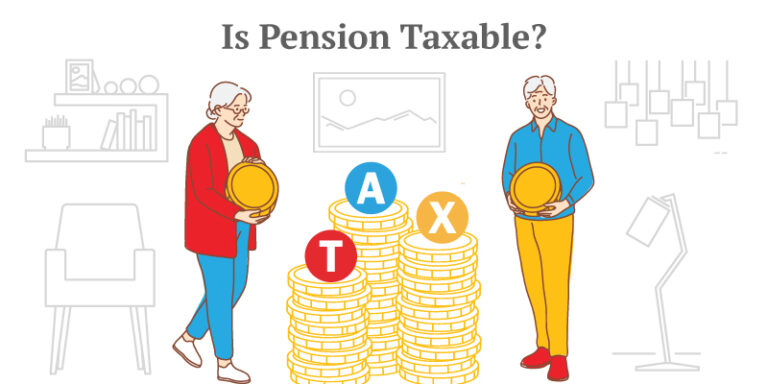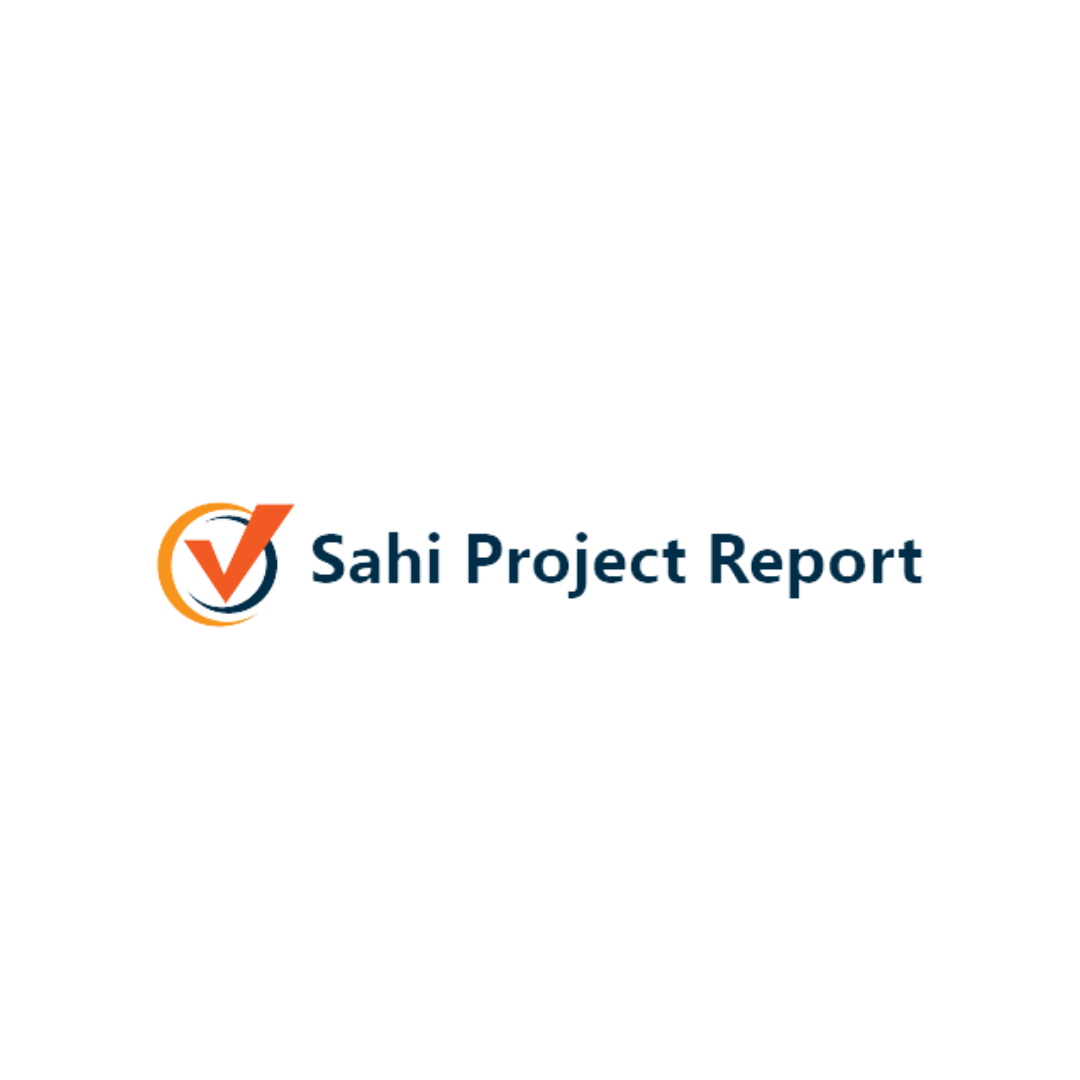Understanding Section 10(30) of the Income Tax Act: Tax Exemption for Tea Industry Subsidies
Introduction
The tea industry in India holds significant importance due to its contribution to both the economy and employment. Recognizing the need to support this industry, the Income Tax Act, 1961, provides various exemptions to ease the financial burden on tea growers and manufacturers. One such provision is Section 10(30), which exempts certain subsidies from being included in the total income. Let’s delve into the details of this section to understand its benefits and implications.
What is Section 10(30)?
Section 10(30) of the Income Tax Act, 1961, specifies that any subsidy received by an assessee who is engaged in the business of growing and manufacturing tea in India will not be included in their total income, provided certain conditions are met. This subsidy must be received from or through the Tea Board under schemes related to:
-
- Replantation or replacement of tea bushes
-
- Consolidation of areas used for tea cultivation
-
- Rejuvenation or other development purposes as specified by the Central Government
Conditions for Exemption
To avail the exemption under Section 10(30), the assessee must:
Furnish a Certificate:
Obtain a certificate from the Tea Board specifying the amount of subsidy paid during the previous year.
Submit the Certificate:
-
- Furnish this certificate to the Assessing Officer along with the return of income for the assessment year concerned, or within such further time as the Assessing Officer may allow.
The Tea Board referred to in this clause is established under Section 4 of the Tea Act, 1953 (XXIX of 1953).
Importance of Section 10(30)
The exemption provided under Section 10(30) serves several key purposes:
Financial Relief:
It provides financial relief to tea growers and manufacturers by exempting subsidies from their taxable income.
Encourages Development:
By excluding development-related subsidies from taxable income, the provision encourages replantation, rejuvenation, and other developmental activities within the tea industry.

Sustainability:
It promotes the sustainability of the tea industry by ensuring that the financial support provided for its development is not eroded by taxation.
Detailed Breakdown of Subsidies Covered
1. Replantation or Replacement of Tea Bushes:
-
- Subsidies under this category are aimed at replacing old and unproductive tea bushes with new, high-yield varieties.
-
- This ensures better productivity and quality of tea leaves, leading to increased revenue for tea growers.
2. Consolidation of Areas Used for Tea Cultivation:
-
- This subsidy supports the merging of smaller tea plantations into larger, more manageable units.
-
- Consolidation helps in better resource management, efficient use of inputs, and improved economies of scale.
3. Rejuvenation or Other Development Purposes:
-
- Includes subsidies for activities such as pruning, irrigation improvements, and soil health management.
-
- Focuses on enhancing the overall health and productivity of tea bushes.
Steps to Claim the Exemption
Obtain Certification:
-
- Contact the Tea Board to receive certification of the subsidy amount.
-
- Ensure that the certificate clearly specifies the amount and the scheme under which it was received.
File Return:Income Tax
-
- Include the subsidy certification with the income tax return.
-
- Ensure timely submission to avoid any disallowance of the exemption.
Additional Documentation:
-
- Maintain detailed records of how the subsidy was used.
-
- This can include receipts, invoices, and project reports.
Common Mistakes to Avoid
Delayed Submission:
Failing to submit the certificate within the stipulated time can result in the disallowance of the exemption.
Incomplete Documentation:
Not maintaining proper records or failing to obtain the necessary certification from the Tea Board.
Misinterpretation of Schemes:
Ensure that the subsidy received falls under the specified schemes mentioned in Section 10(30).
Relevant Case Law: CIT v. Karur Vysya Bank Ltd.
A landmark case that highlights the application of Section 10(30) is CIT v. Karur Vysya Bank Ltd. In this case, the Supreme Court of India ruled that subsidies received under specific schemes for replantation and rejuvenation of tea bushes, as certified by the Tea Board, are exempt from tax under Section 10(30). The court emphasized the importance of following the prescribed conditions and furnishing the necessary certificates from the Tea Board to avail of the exemption.
Frequently Asked Questions (FAQ)
Q1: Who is eligible for the tax exemption under Section 10(30) of the Income Tax Act?
A: The tax exemption under Section 10(30) is available to assessees engaged in the business of growing and manufacturing tea in India. The exemption applies to subsidies received from or through the Tea Board under specific schemes for replantation, replacement, consolidation, rejuvenation, or other developmental purposes.
Q2: What documents are required to claim the exemption under Section 10(30)?
A: To claim the exemption, the assessee must furnish a certificate from the Tea Board specifying the amount of subsidy paid during the previous year. This certificate should be submitted to the Assessing Officer along with the return of income for the assessment year concerned, or within such further time as allowed by the Assessing Officer.
Q3: What are the key benefits of Section 10(30) for the tea industry?
A: The key benefits include financial relief by exempting subsidies from taxable income, encouragement of developmental activities within the tea industry, and promotion of sustainability by ensuring that financial support for development is not taxed.
Q4: How does Section 10(30) promote the sustainability of the tea industry?
A: By exempting subsidies received for replantation, replacement, consolidation, and rejuvenation of tea bushes from taxable income, Section 10(30) ensures that financial support provided for the development of the tea industry is not reduced by taxation, thus promoting long-term sustainability.
Q5: What role does the Tea Board play in the exemption under Section 10(30)?
A: The Tea Board, established under Section 4 of the Tea Act, 1953, is responsible for certifying the amount of subsidy paid to the assessee. This certification is necessary for claiming the tax exemption under Section 10(30).
Q6: Can the exemption be claimed for subsidies received from entities other than the Tea Board?
A: No, the exemption under Section 10(30) specifically applies to subsidies received from or through the Tea Board. Subsidies from other entities do not qualify for this exemption.
Conclusion
Section 10(30) of the Income Tax Act is a crucial provision for the tea industry in India, providing necessary financial relief and promoting sustainable development. By exempting specific subsidies from taxable income, it supports tea growers and manufacturers in their efforts to rejuvenate and develop their plantations.
Understanding the conditions and implications of this section can help those in the tea industry to effectively plan their finances and take full advantage of the available tax benefits.
For more detailed information and guidance on tax exemptions under the Income Tax Act, visit SmartTaxSaver, your go-to resource for tax-saving tips and strategies.




